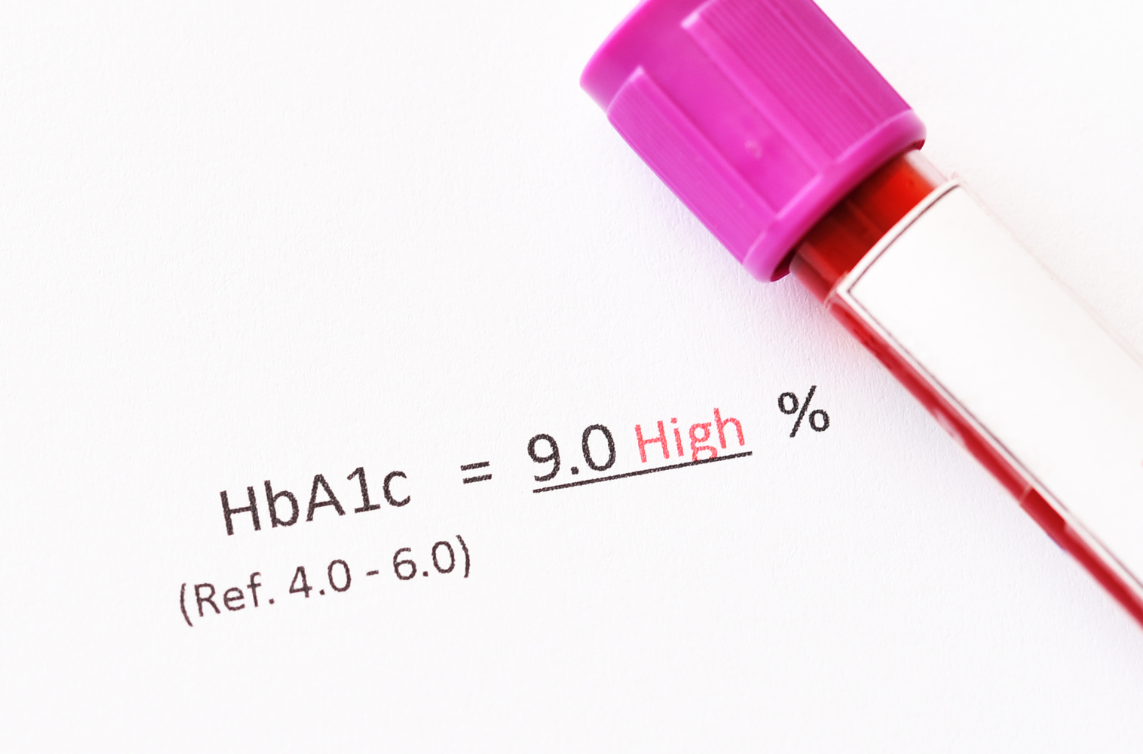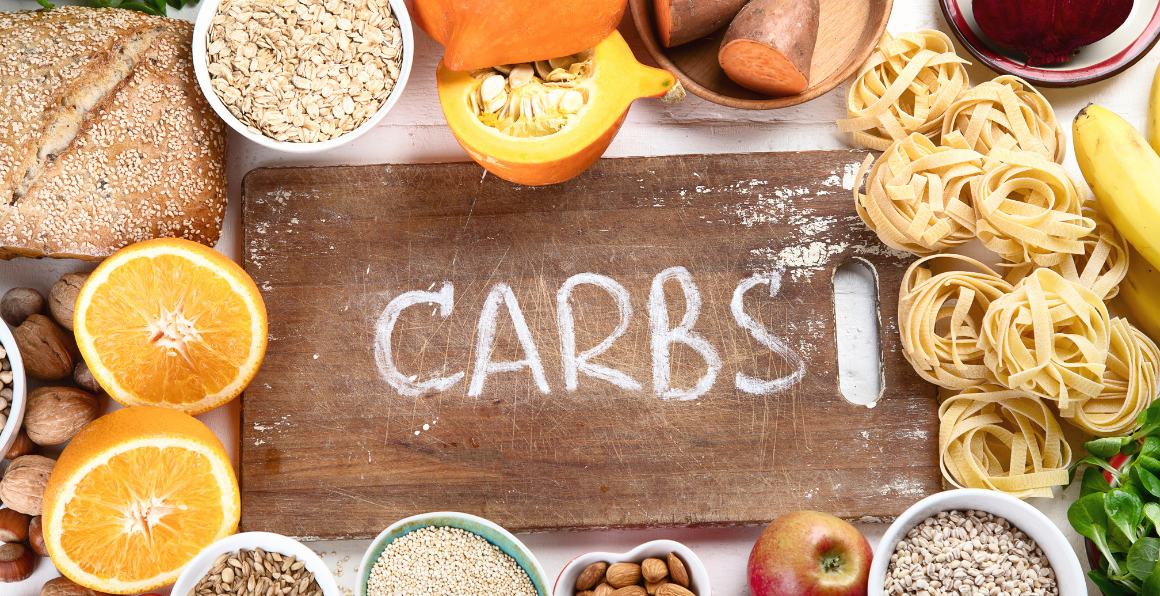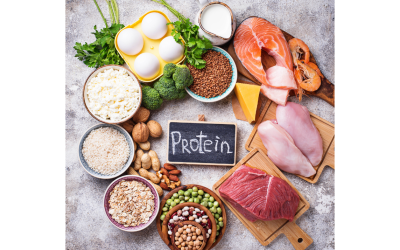Understand what A1c means.
A1c is a lab test that basically tells you what your average blood sugar has been over the past 2-3 months. If you look at your lab result it will be listed as a percentage. Along with that number many labs will also list your estimated average glucose or eAG. That’s the number equal to your A1c percentage.
For example, an A1c of 7 is equal to an estimated average glucose of 154. So if 7% is your A1c that means for the past 2-3 months, your blood sugar has been averaging 154.
How can a lab test measure 3 months of blood sugar?
To put it simply, the A1c is measuring how much sugar is attached to your red blood cells. Our red blood cells have a life of about 120 days. So that’s how it measures back that far.
Know Your A1c Goal
What’s normal?
Normal ranges may vary a bit from one lab to another. Be sure to check the range listed on your lab results.
In general . . .
- 4 to 5.6 is normal
- 5.7 to 6.4 is prediabetes
- 6.5 and higher is diabetes
A1c however, is not always used to diagnose diabetes. Your A1c probably won’t be checked unless you are already diagnosed with diabetes. The reason? Insurance may not pay unless you are diagnosed with diabetes. I don’t agree with that practice. It’s just another example of our medical system being set up for sick care, not prevention.
My opinion? . . . Diabetes doesn’t usually happen overnight. Blood sugars creep up over years before the numbers are found to be high enough for diagnosis of 2 diabetes. If A1c were added to routine physicals for those who are more likely to develop diabetes, I believe we could help people prevent or delay diabetes and medication!!!
If you are curious about your A1c but it’s not covered by insurance, there are labs where you can order your own A1c. And usually the cost is fairly reasonable.
Where should MY A1c be?
If you are diagnosed with diabetes your goal might be around 7. Each person’s goal should be individualized. So you should discuss and set your goal with your doctor and diabetes care & education specialist.
Figure out how to get your A1c to goal.
If you are wondering WHY a high A1c is a problem, you can learn more about that in this Mayo Clinic article.
Here are the top 3 things I have seen improve blood sugars the most:
- Avoid sweet drinks. This is by far the one thing that can spike your blood sugar fastest. Plus, drinks like regular soda are usually made with ingredients that cause inflammation.
- Cut back on how much and how often you eat sweets & starchy foods. I know changing these habits is easier said than done so you may need help with this one.
- Find out when your blood sugar is high. Use blood sugar fingerstick checks, or even better, continuous glucose monitoring sensors. A1c is an easy way for you and your doctor to get a big picture idea of how your blood sugars are doing but if the number is higher than your goal, you need to be your own detective and find out why. When are the high blood sugars happening and what do I need to do to get them down?
For some it’s more challenging than these 3 things. But if you are a do-it-yourself person and want a resource to help you cut back on sugars and starch . . . you can purchase my $7 Diabetes Food Fix Start at this link.
Quiz Yourself: If you have diabetes ask yourself these 3 questions about A1c.
- How often should I have my A1c checked?
- Every 3 months if over target
- Every 3-6 months if you are in target
- Annually if you have prediabetes and your A1c is at goal
- What was my last A1c result? Know your A1c goal. Ask your doctor what it should be for your situation.
- Do I need help getting my A1c to goal? Your best choice is to get help from a CDCES (Certified Diabetes Care & Education Specialist). That is our job, to help you figure out the best way to keep blood sugars in control and avoid health problems. Ask your doctor for a referral OR if you want more info from me . . .
For free you can read my other blog posts such as . . . . . 7 Starter Tips for Newly Diagnosed Diabetes or 7 Reasons for High Morning Blood Sugars
Make sure you are signed up for my free weekly newsletter to be notified of programs you might find helpful. Just scroll to the bottom of this page or any of my web pages and sign up!
Book a free 20-minute strategy session with me to ask about my services that might be of help. I always give you at least one recommendation you can use, even if we decide my current programs are not a good fit for you!







0 Comments